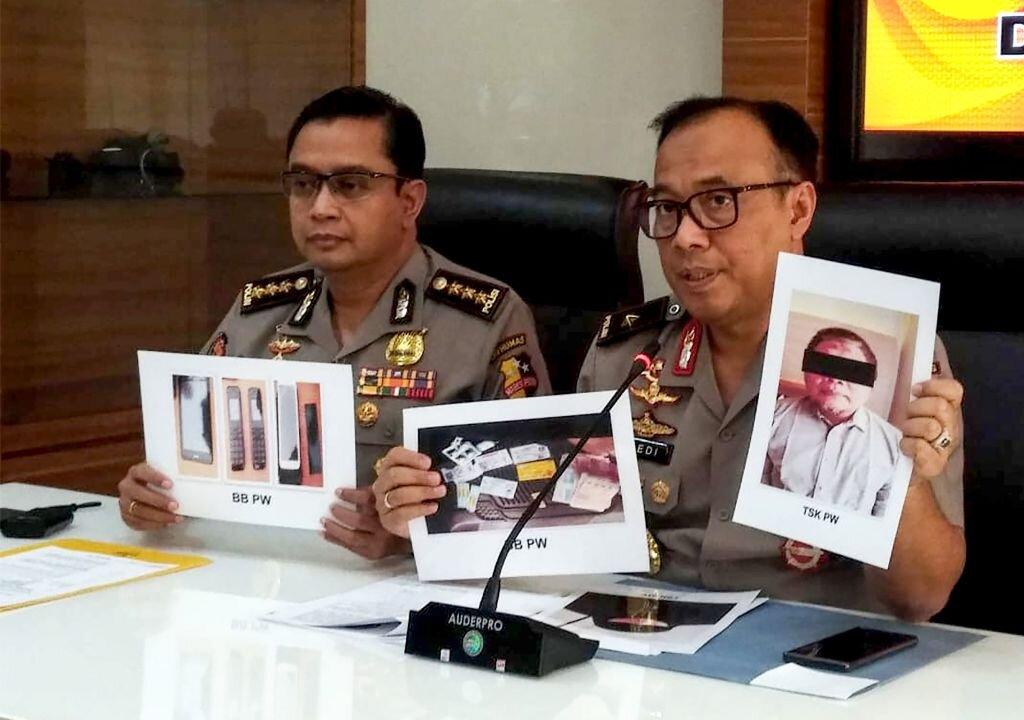JAKARTA—Indonesian police have arrested the leader of the Jemaah Islamiyah Islamic extremist network linked to al-Qaeda, authorities said on Tuesday, on suspicion of recruiting members and sending them to Syria to train with terrorist groups.
Counter-terrorism police also arrested at least four other suspects linked to Para Wijayanto, who experts say was a student of Abu Bakar Basyir, also known as Abu Bakar Bashir—the man accused of being the mastermind of the 2002 Bali bombings that killed more than 200 people. Bashir was the spiritual leader of Jemaah Islamiyah (JI).





